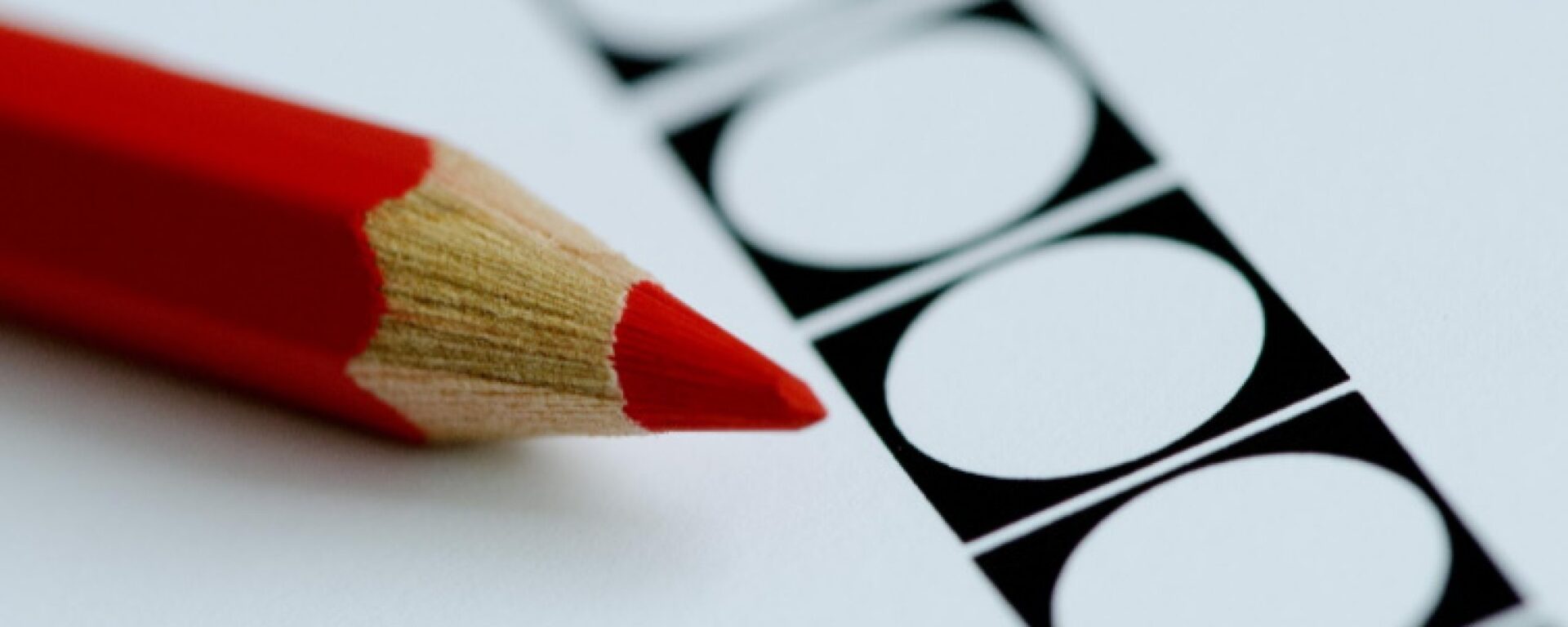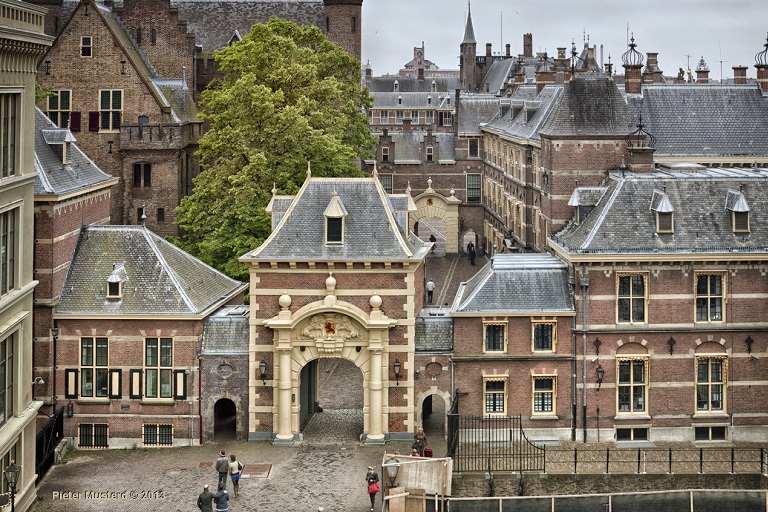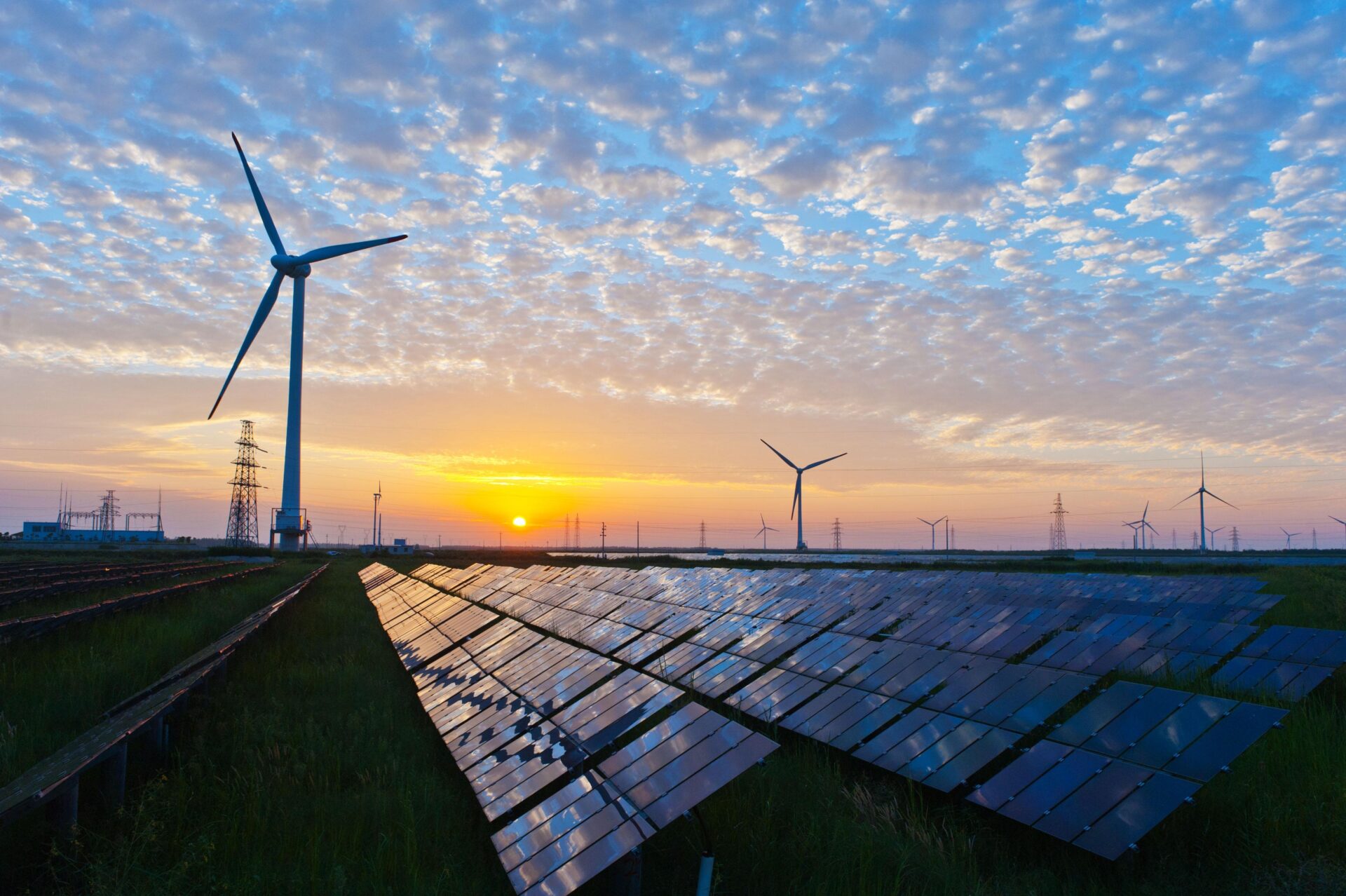Experts say the Netherlands is again underestimating the risks of extreme winters, the breakdown of gas production now that Russia is not supplying and there are too few gas imports. Moreover, the Groningen gas field will close in October. Lecturer Martien Visser of the Hanze University of Applied Sciences in Groningen warns that a single incident already drives up the price: the recent outage of a Norwegian gas field, for example, caused rates to rise immediately. Tightness is coming as China recovers economically and buys up more gas.
LNG
In ports of Rotterdam and Eemshaven, huge ships moor in a train. Their spherical tanks contain highly cooled liquefied gas (lng). After heating in terminal plants on land, lng flows out six hundredfold in size. Gasunie pumps it into pipelines to industry and households. Since Putin's invasion of Ukraine, the Netherlands has preferred to keep Russian gas out, and that filling with gas from Qatar and the U.S. from such ships continues steadily day after day.
State Aid
Last winter, with skyrocketing energy prices thanks to state aid, Dutch households came through the energy crisis with pants cracks. EU countries agreed to fill more, at least 90 percent, of their gas storage for next winter. The Netherlands met that European goal in the middle of summer soon. "But that is also because stocks were already well filled because of a warm winter," said energy specialist Hans van Cleef of consultancy Publieke Zaken.
The gas price on the wholesale market has been falling steadily since the winter, with occasional peaks, from 67 euros per megawatt hour to now 25 euros. The Netherlands also uses a lot of gas in the summer: refineries are running at full capacity and on hot days households turn on the air conditioning en masse. Power plants powered by gas run at top capacity to supply power. Yet the "demand for gas is relatively low," according to Gasunie.
Nervous
But energy experts are nervous, a roundup shows. A recent outage at gas giant Norway, for example, earlier chased gas prices up immediately. Starting in August, major Norwegian gas plants will go into maintenance. "Then there is a chance that prices will rise again anyway," warns energy company Vattenfall.
"You can see that there are still many snags in the filling of gas reserves by the difference in price expectations," says Martien Visser, lecturer in Energy Transition at the Hanze University of Applied Sciences in Groningen. "Now gas costs 30 cents per cubic meter, it will be 50 cents at the end of this year on the gas market. Normally the difference is 5 cents, often less. This big difference marks a very nervous market."
"Before panic sets in, act now with procurement for coming years," says energy specialist Hans van Cleef of consultant Publieke Zaken. "That's the lesson from past years. The gas price is not determined by supply and demand, but mainly by its expectation such as the course of a war."
Gambling
Then it doesn't help that in addition to purchasing long-term gas contracts with Qatar, the U.S. and Australia, the Netherlands "continues to gamble mainly" on purchases on the day or spot market, Van Cleef says. "That price there shoots up and down very much." Last winter was warm on average, gas and power prices fell due to less demand. Don't discount the possibility of another very harsh winter, Visser says. "And for gas delivery terminals, the port is full of ships. But the question is whether that supply will remain if China demands more gas and the United States delivers less. The Netherlands is actually walking on the edge of a cliff."
"Our luck is that the Chinese economy is lagging so far. But demand is already recovering and the Netherlands will face competition from Chinese buyers this fall," Van Cleef says. That will drive up the price." Last week, Europe's gas imports rose seventeen percent from a week earlier. "But ships from the U.S. are already going to China and India," Van Cleef said, seeing the price go up. "I'm definitely worried."
Energy guzzler
Energy slurper China looked more broadly ahead. "A lesson for the Netherlands, China signed a contract with Qatar in mid-June that will supply the Chinese with four million tons of gas per year for 20 years. It's closing more contracts that way. That's gas the Netherlands can no longer get," says energy expert Ronald de Zoete. "It's better to buy a little too much than too little. You'll get rid of that surplus, maybe at some loss. But that's better than having a shortage."
More than half of the gas bill is determined by energy taxes. "That's also where the government can cut back if the price threatens to get too high for consumers," Visser said.
The price cap introduced by the cabinet, cushioning the level of energy bills, will disappear at the end of this year. The purchase price for energy companies is already rising for coming months. Beginning next year, almost double the current rate will apply.
Higher
That increase is largely on consumers' minds. "Energy companies do spread this forward price risk by buying in parts. But there will be higher prices toward winter," expects Hans de Kok, director of tariff comparator Pricewise. "There will be more fixed energy contracts for one year to three years, but their prices may be relatively high. The old low prices of 2021 and earlier are not returning for the time being."
©The Telegraph


